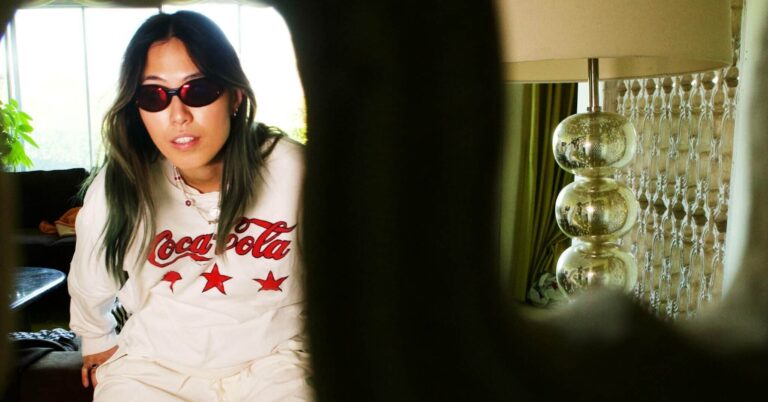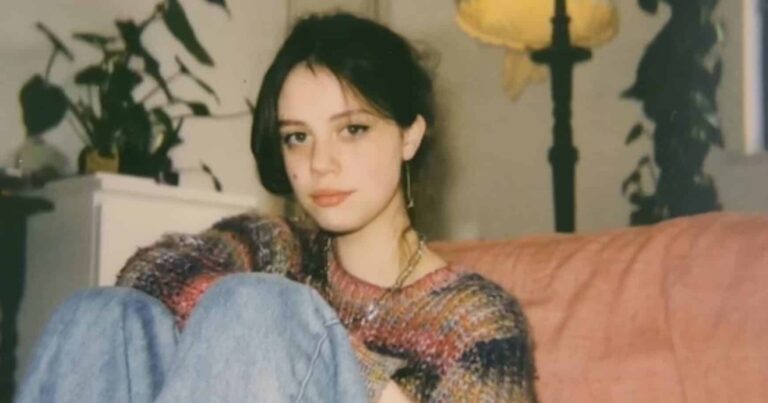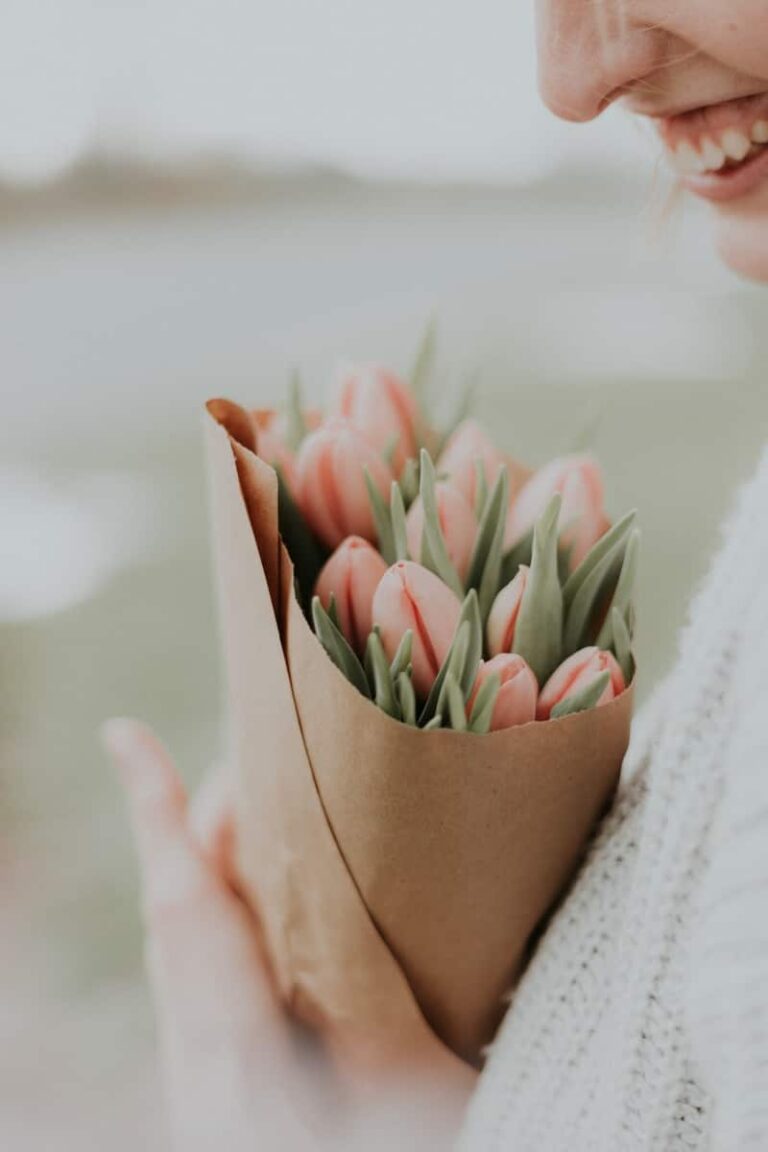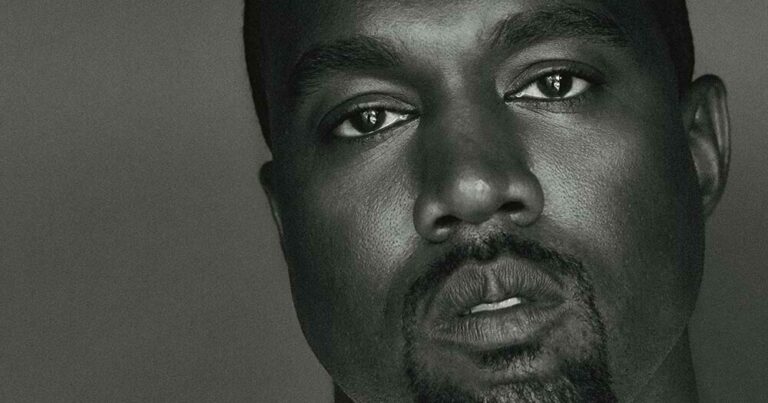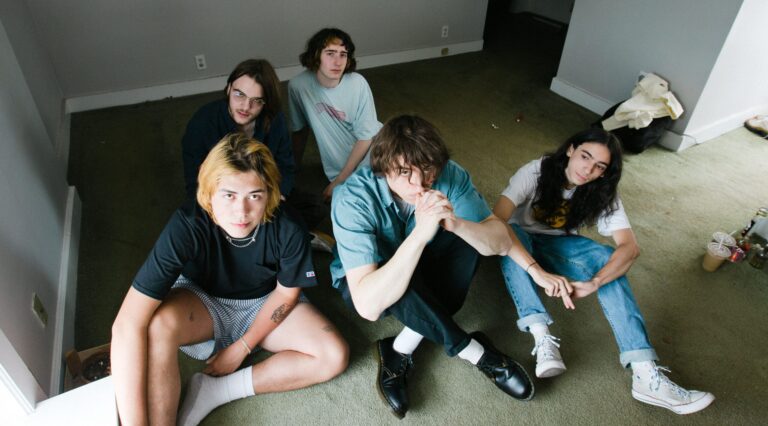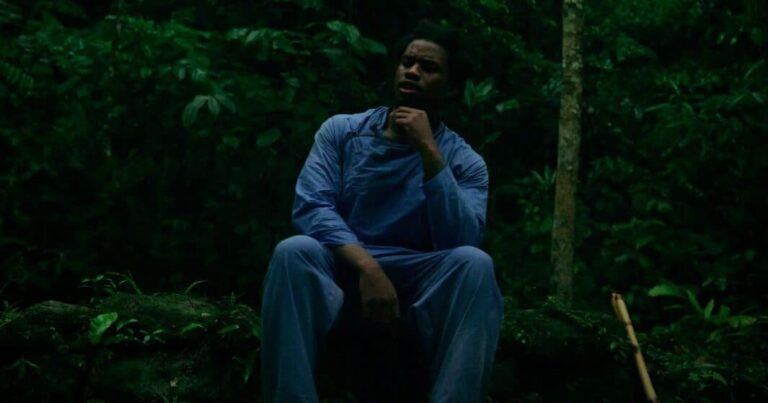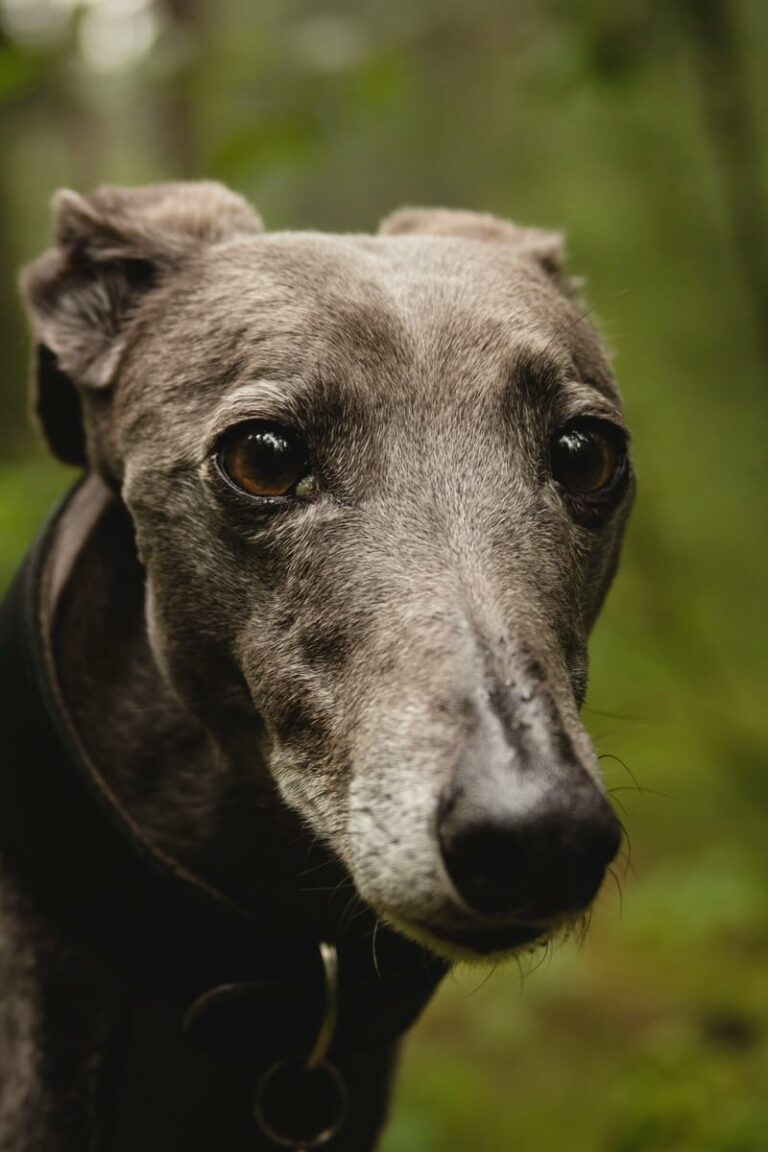When it comes to Mother’s Day, most of us fall into either of two categories – devotees who have had the perfect gift picked out months in advance or last minute scramblers who are in desperate search for an awe inspiring gift for the most important lady in our lives. Regardless of which category you fall into (we promise we’ll keep it a secret), finding a gift that will make up for everything mum has sacrificed is most likely impossible.
That most certainly shouldn’t stop you from trying, however! Today, we look at 6 Mother’s Day gift ideas that are sure to inspire nostalgia, so if you’re in need of some gift purchasing inspiration, you’ve come to the right place. Without further ado, let’s dive right in.
Custom Family Illustration
For the mum who lives her entire life for her children, there is no better gift than something that comes straight from the heart. If you’re on a mission to inspire some nostalgia this Mother’s Day, a custom family illustration is sure to do the trick. Just because you and your siblings no longer live at home, that doesn’t mean you can’t be memorialised on mum’s feature wall!
There are a wide variety of artists on the internet who take commissions and provide custom illustration services in a variety of different formats – from digital art and watercolour to cartoons or even oil paintings. Take your pick but be sure to get your artwork ordered at least a month or two in advance. The last thing you want is for your perfect gift to either not be ready or stuck in transit on Mother’s Day!
Book A Retro Feast
Nothing brings back fond and loving memories more than sharing a meal with your mum at one of her favourite restaurants. This Mother’s Day, we encourage you to take a walk down memory lane by reserving a table at a restaurant that you and mum regularly frequented back in the day. Whether it’s classic American burgers, tuckshop food, or an immense Greek all-you-can-eat, there is nothing more meaningful than visiting the locations of yesteryear with the most important woman in your life. We promise she’ll love this one!
Long Distance Love
If you live in a different town, state or country from mum, fret not because we have the perfect way for you to share your love this Mother’s Day. One of our top picks for anyone who is celebrating a long-distance Mother’s Day in 2022 is a personalised care package. All you have to do is grab a box and load it right up with all of your mum’s favourite snacks and other goodies.
You could make this little offering a touch more nostalgia-inducing by including some photos of beloved memories, a replica of your mum’s favourite doll or stuffed animal (whether it be one of her toys growing up, or one of yours!), or a copy of her favourite board game to play with the rest of the family and loved ones who do get to spend this special day with her in your stead.
A Digital Photo Frame
If your mum is someone who simply loves photos and videos, a digital photo frame makes a fantastic Mother’s Day gift in 2022. Digital photo frames allow you to easily add images—including beautiful travel memories and family photos—to the frame from anywhere in the world! Unlike printed photos, a digital photo frame is able to showcase your family memories in great detail thanks to HD screens and impeccable image quality.
The great thing about a digital photo frame is that mum doesn’t have to be a tech guru to navigate it – in fact, you can be the one who uploads and periodically updates the images it showcases via a mobile phone application. All mum has to do is plug it in and enjoy her gift!
An Instax Moment
Nothing screams “retro” or “nostalgia” more than polaroid photos. Thankfully, polaroid cameras have come a long way since their bulky predecessors. With a wide variety of different options available on the market in 2022, we can’t think of a better gift for mum than an Instax/Polaroid camera. Instax by Fujifilm comes in a plethora of different colours and styles to suit a variety of different tastes and to top it off, you can choose from a wide range of different film options and designs that mum can go absolutely crazy with!
Vintage Clothing Gift Card
Last but not least, for the mum who is looking to relive her retro fashionista days, nothing will beat a vintage clothing gift card this Mother’s Day. With more and more retro/vintage clothing stores popping up all over the country, mum will be spoilt for choice when it comes to which floral dress or pair of bell bottom pants to choose from! Nowadays, some vintage clothing stores operate entirely online (and sell gift cards) for the mum who would rather flick through her iPad than deal with crowds.
And there you have it – 6 amazing gifts that are sure to inspire nostalgia this Mother’s Day. We hope that this article has equipped you with a variety of new gift ideas that are sure to make mum feel like the queen that she is!
